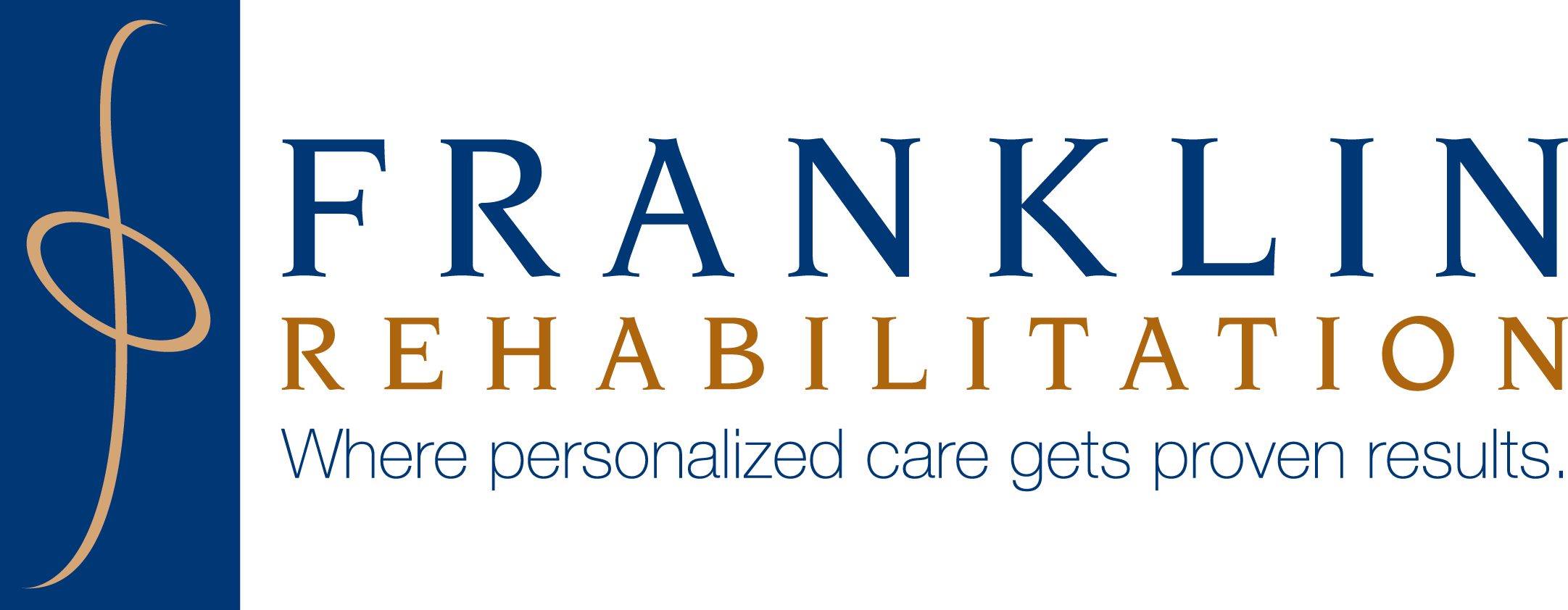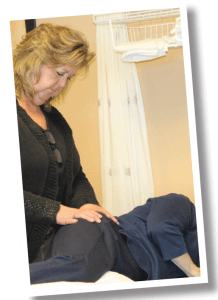Back on Your Feet

Get Back on Your Feet Again
We can find the cause of a balance issue and treat it.
BY JOANNE ST LOUIS, Physical Therapist Assistant
Balance is a state of equilibrium – the ability to retain one’s balance. If a person has a problem with balance, they may feel unsteady or dizzy.
A person could be standing, sitting or lying down and may feel as though they are still moving. If a person is walking, they may feel as if they are going to fall over. Everyone can feel off balance here and there, but often balance is affected by things we may not even be aware of.
An individual’s sense of balance relies heavily on a series of signals the brain emits to several organs and structures inside the body – most significantly the eyes, ears and muscles.
As balance naturally declines with age, there are health conditions that can further diminish the ability to remain stable on our feet. Strangely enough, equilibrium can be affected by a body system that’s normal function is to help with balance. Below are some health conditions that may affect balance:
Diabetes.
Balance and instability from Diabetes can be a result from a loss of sensation, nerve damage or inadequate blood flow to the feet. Unmanaged Diabetes can cause serious damage to blood vessels or nerves leading to foot problems, resulting in loss of balance.
Inner Ear Conditions.
Our inner ear or “vestibular system” is a maze-like structure. Along with vision, the inner ear helps to maintain balance. We all have tiny calcium carbonate crystals in our inner ear that can get lodged in the wrong place. This is very common and can happen easily. The result leaves a person feeling dizzy and off-kilter.
Migraine.
Along with pain, severe migraines can cause motion sickness or visual problems. Neck tension and/or lack of neck motion can also cause headaches. These issues – especially visual disturbances – can affect balance.
Foot Pain and Foot Conditions.
Various foot conditions such as bunions, hammer toes or even seemingly harmless corns can all affect how steady we are on our feet. This instability puts a person at a much greater risk of falling.
Low Blood Pressure.
Low blood pressure, also known as hypotension, can cause a person to become lightheaded or dizzy.
Neurological Disorders.
People with neurological disorders such as Multiple Sclerosis, Parkinson’s Disease or Stroke can experience a decline in muscle control, resulting in a loss of balance or a disturbed walking pattern.
Medications.
Medications are given to help us. However, almost all have some kind of side-effect, many that impact balance. These side effects can vary from feeling dizzy or lightheaded to causing visual impairments that make a person unstable.
Eye Conditions.
Our sight can be a pathway to dizziness or loss of equilibrium if our vision becomes impaired. Conditions such as Glaucoma or Cataracts can affect our depth perception, in-turn affecting our balance.
The Good News.
Did you know Physical Therapy is very succesful at helping those who suffer from conditions causing imbalance? At Franklin Rehabilitation, we can help you strengthen and improve your walking pattern and determine the cause of the instability. If we determine you are in need of a specialist, we have several we can refer you to.
If you are fearful of increasing balance issues and would like a free screening, please contact Franklin Rehabilitation today by calling (414) 448-3097 or emailing us at [email protected]. Be sure to follow @franklinrehab on ![]() and
and ![]() for more tips!
for more tips!


